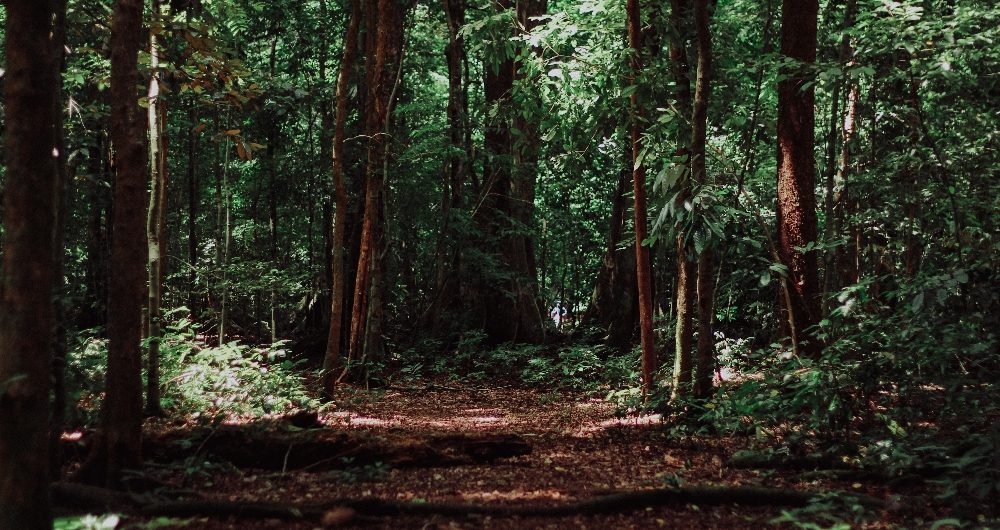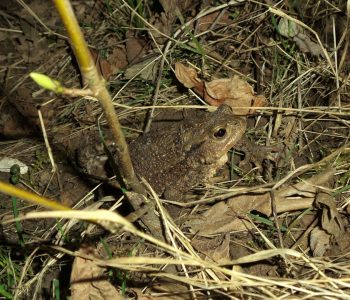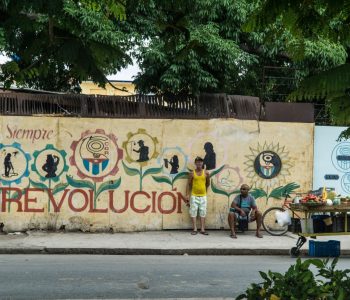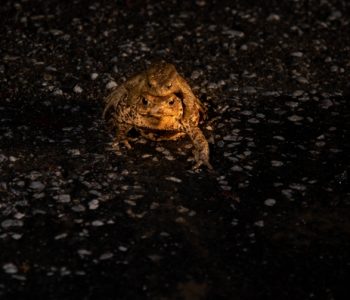
After I wrote the previous article and posted it on facebook, someone posted a video of the positivist permie Matt Powers,1http://www.thepermaculturestudent.com a guy who seems to be always smiling and promotes “UNSTOPPABLE ENTHUSIASM”2https://www.booktopia.com.au/unstoppable-enthusiasm-matt-powers/prod9781732187863.html in response.
It made me think, and I articulated my thoughts in this article.
A positivist person like Matt Powers is certainly more successful in this society than a negative person. And yes, I often wish I could be as positive as Matt. I find the positivism in permaculture sometimes refreshing, but sometimes, I must confess, I find it frighteningly naive. Don‘t get me wrong. I love permaculture, and I think that as many people as possible should apply and propagate permaculture. But honestly, if a few activists grow their own food on a few square meters or even a few hectares and build small eco-paradises while the majority of the people in this culture continues to engage in terribly destructive industrial activities, they will have destroyed our world much faster than we, the small handfuls of activists, manage to regenerate nature.
I think it’s great that Matt Powers explicitly refers to these two of Mollison’s guiding principles:
1. Preserve and Protect Remaining Untouched Wilderness
2. Rehabilite Degraded Land
What I love about permies is that many of them have a good understanding of nature. There is an understanding that we desperately need ecological regeneration. And we are proud that we even have viable solutions for climate change – at least in theory. But how do you regenerate hundred million murdered American bison?
Gosh, if a permie managed to restore only a herd of 10,000 wild bison and their habitat, this person would forever be my hero.
It’s great that permaculture carries the knowledge of how to re-green deserts or regenerate hopelessly overused landscapes, like the Loess Plateau in China.
If this culture changed in a way, so that it would use the 69 million dollars per hour that are currently spent for the gigantic US military apparatus (and thus to maintain the full spectrum dominance of Empire and to kill, and kill, and kill…), to ecologically regenerate destroyed areas, I would be happy and positive for the rest of my life.
If we are honest, we have to admit that very few permies are committed to the guiding principle of Mollison, to Preserve and Protect Remaining Untouched Wilderness. Most Permies are committed to grow their own food on a small scale. The permaculture movement with all its great ethical principles, its knowledge and its positivism is blind to the real problem:
That we are governed by psychopaths who have enormous power and use it to wage a brutal war of annihilation against all life on this planet. And the extent of permaculture activism stands in no relation to the extent of the destruction. To resist, and to resist effectively, would actually be much more important than to cultivate a few small permaculture gardens. But of course – and this is probably the reason why more people in the West engage in permaculture than in resistance (you could also call it preserving and protecting remaining untouched wilderness) – resistance is damn difficult and associated with numerous dangers.
As a gardener, you usually don’t have to deal with repression by police or military. And what about those people who still live in sustainable societies in so-called developing countries, who already practice something like permaculture (even if they don’t use the term), whose livelihoods are destroyed by the West and the monster that feeds us, industrial capitalism? Wouldn’t it be our moral duty to stand by them? How can we invoke the ethical principle of peoplecare while the West, with industrial capitalism and global trade, destroys small-scale subsistence farming all over the world?
But even within the permaculture movement – at least this applies to Germany – we will not be able to avoid political disputes. At least if we seriously want to establish permaculture as an alternative to the destructive practices of agriculture. In any case, we would need a radical land reform in order to get more land than the few small gardens, backyards and abandoned parking lots that the municipalities sometimes mercifully leave to urban gardening initiatives for temporary use.
As we know, those who own the land usually don’t like it if their claim to ownership is questioned. This also applies to the agricultural industry. Land reform will require serious political struggle.
I’ll become a positivist the very day I realize that there are more insects and more songbirds this year than the year before. That is all I need to be positive and happy.
I don’t really care how this happens. But after a sober look, I came to the disillusioning conclusion that it would require the crash of our culture. Because our culture, western civilization, industrial capitalism and global trade, is the cause for the worst mass extinction in the history of the planet.
Permaculture is fantastic. Permaculture is something wonderful. And permaculture can certainly play an important role in saving our planet. But permaculture alone will not be enough. If current trends continue and bees and other insects continue to disappear, this will affect permies as well.
Permies are perhaps those who are – at least theoretically – best prepared for coming droughts. But still, if current trends continue and climate change makes large parts of the world uninhabitable, permaculture, in its current form, can hardly prevent it. And I’m not even mentioning our moral duty to stop the current neo-imperial wars.
All of these are extremely pressing political problems, that cannot be solved by permaculture and gardening alone. But let us not delude ourselves. Positivism often is also a form of denial.
In my permaculture courses I always had a strong focus on the destructiveness of agriculture. I have given long and academic lectures on the ten-thousand year history of destruction. I did this because I wanted to show that we live in an extremely violent culture that is waging a brutal war of annihilation against all life, and to convince people that the permaculture movement could and should actually be a movement for peace. But I noticed that most people do not want to know any of this. They want simple, easy to use, practical solutions for their small gardens.
Building alternatives to our current destructive system is something wonderful and incredibly important.
But still, and above all, we need those who take up the fight to Preserve and Protect Remaining Untouched Wilderness. We need those who actually stop the murder of our planet.









